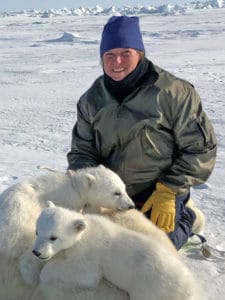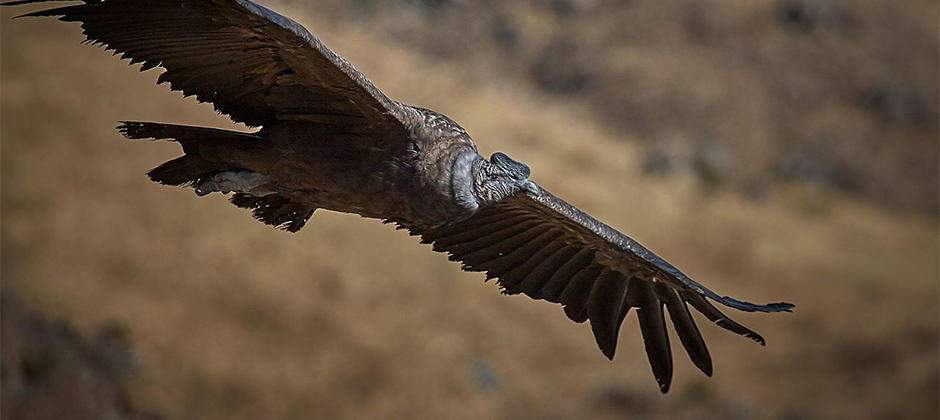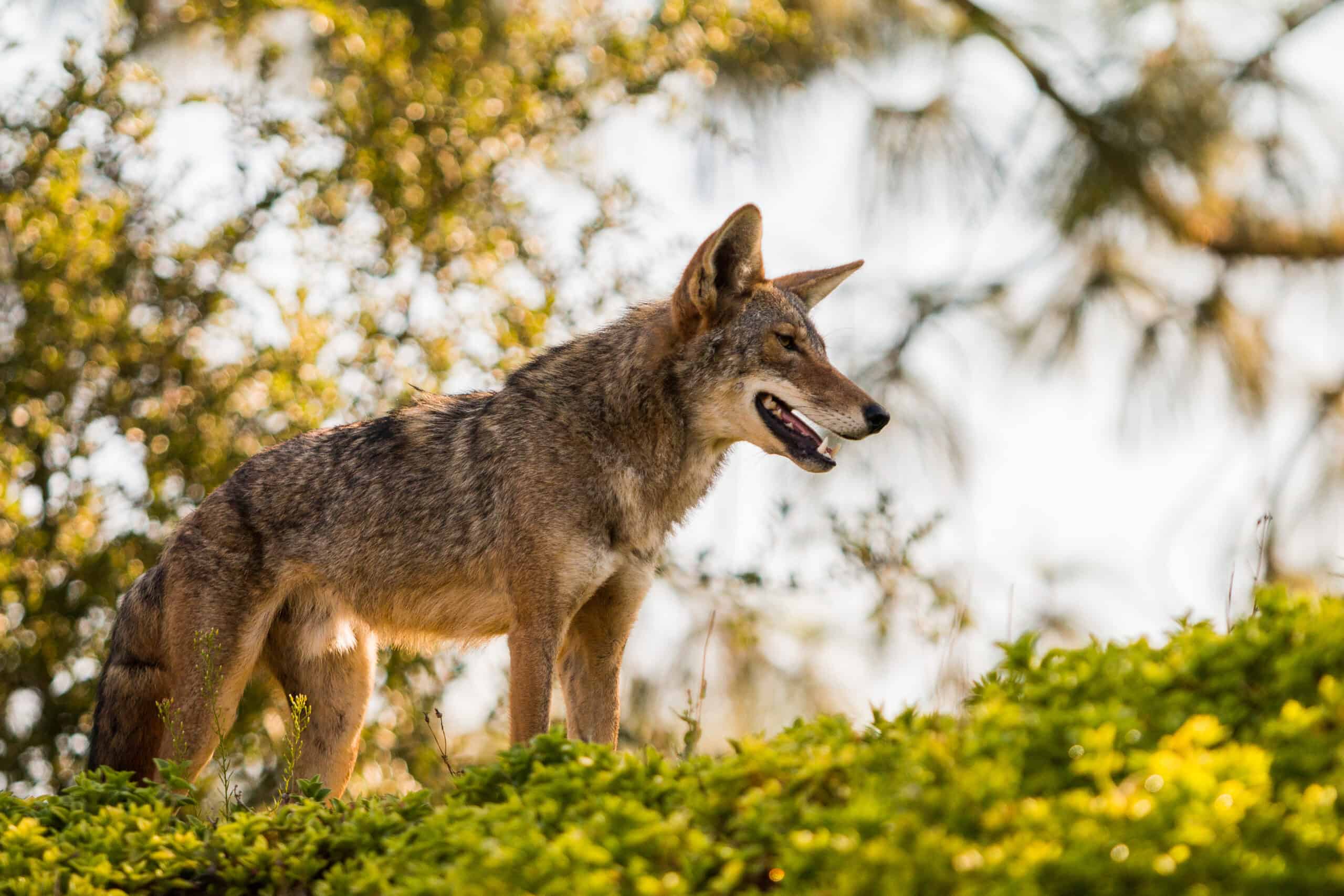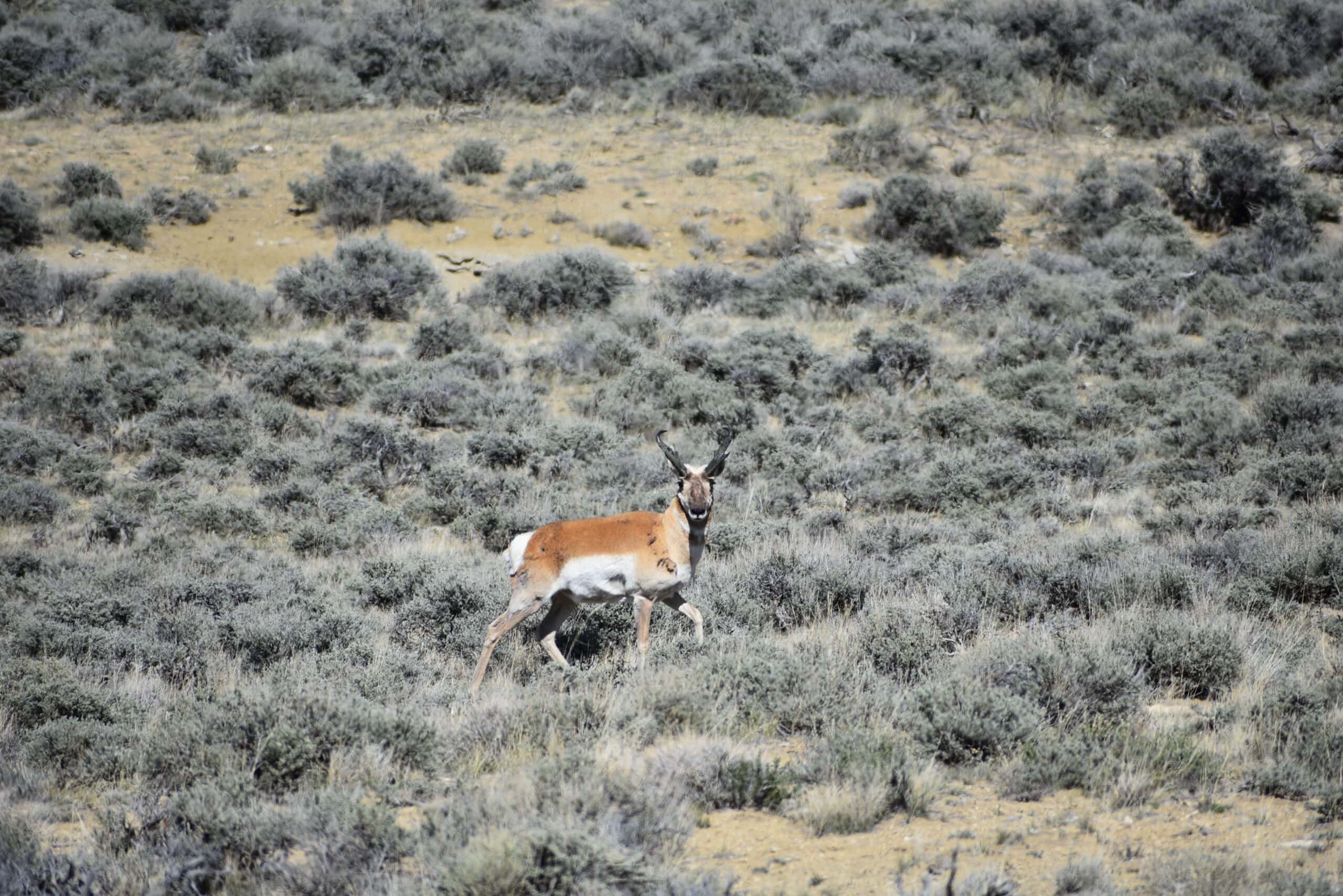Share this article
Two Wisconsin students win student presentation awards
Two University of Wisconsin students won this year’s student presentation awards at the 2019 Joint AFS/TWS Conference in Reno, Nevada, for research ranging from the mountains of South America to the icy coasts of Alaska.
Graduate student Paula Perrig’s “Spatial Prioritization for an Apex Scavenger, the Andean Condor,” was selected as the best student oral presentation. And Tricia Fry, a graduate student at the university’s school of veterinary medicine, received the award for best student poster presentation for her research, “Reference Intervals for Blood-Based Analytes of Southern Beaufort Sea Polar Bears.”
“I very much enjoyed participating in the conference and I am completely surprised and honored to be selected for this award,” Perrig said.
Her research looked at how environmental conditions influence where threatened Andean condors (Vultur gryphus) feed, roost and fly to help managers improve conservation efforts. She and her team found that most reserves are not located in prime areas for the scavengers, leaving them to rely on unprotected lands.
“The strategic creation of protected areas, then, could prevent sources of mortality, such as poisoning and persecution,” they concluded.

Researcher Tricia Fry appears with polar bear cubs while conducting research in Alaska. Courtesy Tricia Fry
Fry’s work was dedicated to determining what blood chemistry looks like in healthy polar bears (Ursus maritimus) to determine how stress from climate change and other factors may be affecting the bears’ health.
“Our data reports on the same blood-based analytes for polar bears that your physician would use to get a picture of your overall physiologic health,” Fry said.
Her team used data going back to the 1980s, when sea ice extent was more consistent, up to recent years when sea ice is being depleted, making it difficult even for researchers to obtain samples.
“We are trying to determine if changes in sea ice, which is stressful for the bears, can be observed through these biomarkers,” Fry said.
She hopes to see if indicators in blood samples can be used to gauge polar bear health, and if small-scale health effects can be related to large-scale climate changes.
“We often talk about monitoring health in wildlife, but our definition of ‘health’ is often vague at best,” she said. “We hope the work we are doing will help contribute to a more thorough understanding of wildlife health.”
Fry, who was also the TWS conference program committee coordinator, said she was pleased not only by receiving the award but by the evening poster presentations.
“It was a very social yet academic situation where you can relax and talk about your work,” she said.
Header Image: An Andean condor soars over Arequipa, Peru. ©Pedro Szekely








